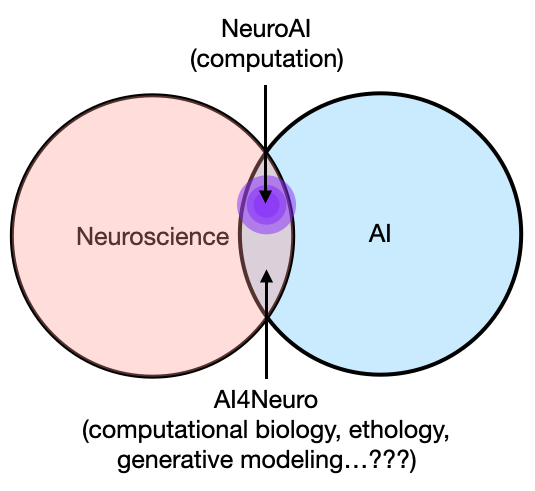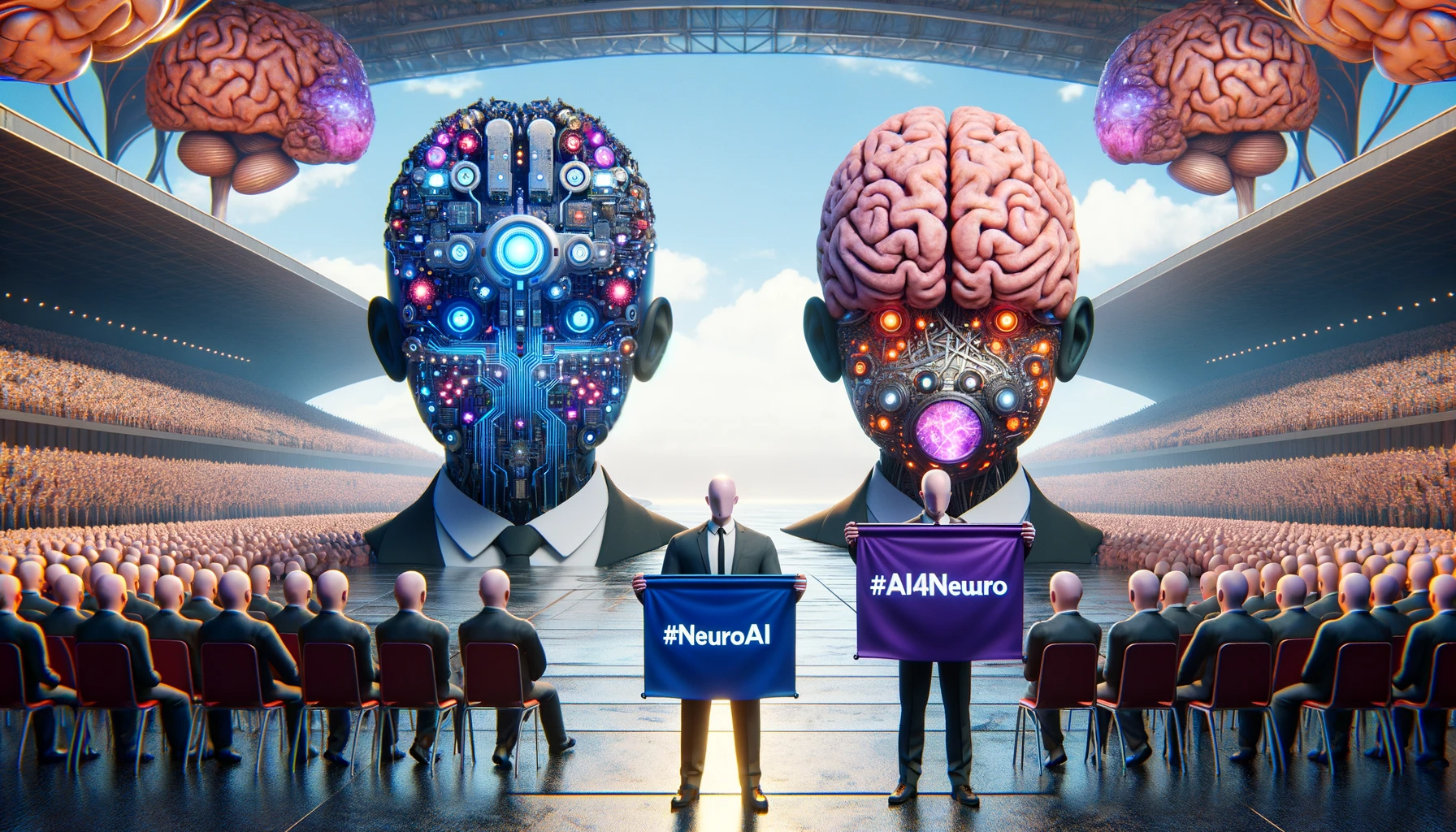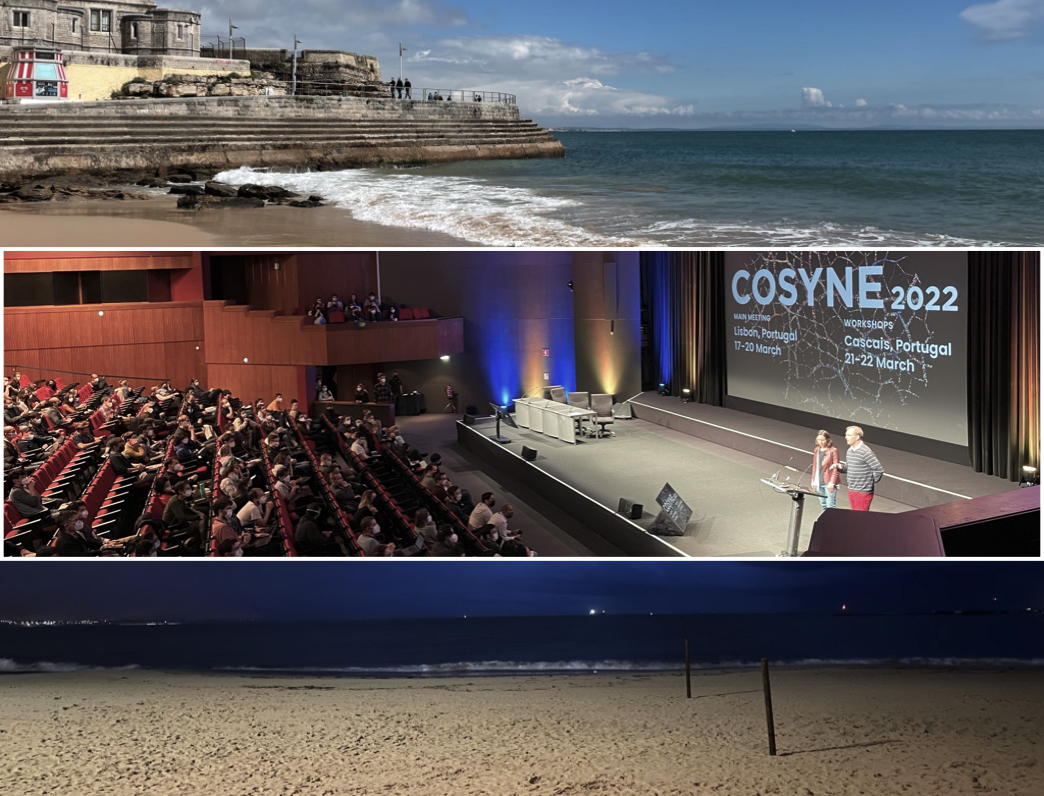Had a rough week, so I very much wanted to skip this blog post, but then figured I should try to stick to my commitment and at least write something bad instead of nothing. So I decided I will just sit for an hour and write whatever flows onto the keyboard. Enjoy.
This turned out to be very related to last week’s post on meditation: our minds (brains?) are fantasy generators.
This is a bit hard to explain, and I might sound crazy, but bare with me. Most of us, I think (and hope), understand that what we experience and perceive is not the objective reality, or at least the reality as experienced by other people. This means understanding differences in perspectives of others. I think that’s a conscious piece of knowledge we can learn and apply to our social interactions. But this is not quite what I’m talking about.
I’m talking about a more fundamental kind of fantasy, sensory and experiential in nature. Arthur tried to explain this to me a few weeks ago and I was like “wtf are you saying?” I think I have a better sense now so I will attempt to verbalize it. I think a helpful way to understand it is through this scenario, which just happened to me during a meditation: my eyes are closed, I’m trying to focus on my breath, and suddenly a little ding goes off. It’s the sound your Mac makes when you get an iMessage. If you don’t have a Mac, imagine the sound your phone makes. The experiential reality is that there was a sharp bell sound, and that is all. But what it triggered is a cascade of very concrete thoughts with palpable details. Basically, I immediately made the inference that the little ding is me receiving a message, and I was combing through in my head all the possible messages I could’ve gotten, and what are the consequences of each possibility. The best way to describe this is that my mind was generating a slew of simulations, or what I’m calling fantasies here, all because of a brief half second of sound.
This sounds crazy because I’m describing a very normal thing we all do as if it’s abnormal: if your phone goes off, you think about what message you could’ve gotten. But the only thing that has actually occurred is the sound, which is the only thing I experienced, and maybe not even 100% accurately because it could’ve been some other bell going off, or somebody else’s phone. The entirety of what that triggered in my mind is completely non-existent, yet I was able to conjure up incredibly detailed sequences of events. Once I was able to pinpoint the exact moment between sensory stimuli and the downstream inferences my mind makes that have literally zero part truth to it in the physical reality, it’s hard to unsee what happens in my mind as anything other than fantasy.
Another example, and an exercise you can do: close your eyes and listen for ambient noises in the background, especially things that come and go subtly. Things like hums, clicks, etc. My fridge has like a 15 minute cycle where it goes silent, then hums. When it comes on, I instantly “know” it’s the fridge. But in reality, all I am experiencing is a hum. Find these sounds and try to observe the inferences you subconsciously make as a result, which involves asking yourself “was that actually my fridge?” The exercise is not to answer the question, but to build up a consistency in the ability to ask that question and, well, to basically question what you perceive as reality.
Okay, so far this seems like a weird and self-indulgent activity that one can play with during a meditation. Why is this at all interesting? Well, first, the fundamental takeaway is that every single mental thought we have is a fantasy constructed on sensory stimuli, we just don’t know it. For whatever reason, sounds are very effective for me in disentangling the sensory stimulus and the subsequent thoughts, probably because I’m much more reliant on my visual perception (on a regular basis) to portray an accurate representation of the world, so much so that I take it to be truth, so it’s harder to interrogate as otherwise. But when it comes down to it, vision too is a fantasy. This somewhat relates to what’s called “top-down processing” in cognitive science and neuroscience, but that term (in my opinion) has connotations of truth to it, where I’m claiming it’s all fantasy all the time. The classical example of that is if you see a long and thin shape in the grass, your expectations might bias you to see a snake because it’s more important for you to recognize danger in that setting, whereas you’d never ever think your USB cable at home was a snake.
So where does that get you? Pretty interesting places, I’d argue. For one, it relates to the first thing I mentioned: understanding perspective of others. Recognizing that a sensory stimulus - be it something external or your own bodily reaction to something (i.e., emotions) - triggering a chain of mental fantasies does not make those fantasies realities. Which means whatever thoughts I have about somebody screwing me over or is in general being an asshole, are categorically fantasies or my own imaginations. This has to be accepted as a premise (because it’s true), before I can allow room for the perspectives of other people. I say that, but I’m still terrible at it, because I get triggered all the time without realizing these subconscious inferences I’ve made about the actions of others. Do as I say, not as I do.

The other interesting bit, of course, is the neural implications of it. One thing I have to stress here is that just because your mental inferences are fantasies, doesn’t mean they’re not accurate. Some might interpret the word “fantasy” to mean completely out of the world, that’s not how I mean it. I mean the constructing imagined mental realities part (first sentence in that dictionary definition), not the implausible part. The neuroscience word for how I use fantasy here is typically “model”, i.e., our brains are constructing models of the world all the time. It’s doing that because, presumably, it’s integrating sensory information to inform our motor behavior in order to optimize for some goal, be that survival, reproduction, or whatever else.
These models are really, really good, in that they have predictive accuracy a lot of the times. The fact that you can predict where a 90mph ball will enter your strike zone and move your arms with enough force to send it on a trajectory, where someone else has a model of how to catch it, is fucking amazing. Nevermind that. The fact that you can move a spoonful of hot soup into your mouth is amazing, because I’ve never, ever, seen my mouth when I eat. The same applies to predictions in social situations, when you infer the intentions of others and act accordingly without anything explicitly being said. Some people can integrate more streams of information (i.e., visual nonverbal, contextual, etc.) to make better predictions, some of us not so much. In the end, I like the word fantasy better, because it really instills this sense that the model is first and foremost a complete fiction, even if it is accidentally useful.
One last note, and I mentioned this last week as well: I consistently find that my thoughts and mental imageries become less and less grounded in realism as I sit for longer with my eyes closed. Initially, all the thoughts feel very much like things I’m actually experiencing and interacting with in real time, and it’s akin to the usual mental projection I do before making decisions. Over time, it becomes more and more absurd. In my session today, I had a super vivid imagery of me being hand-cuffed and led walking in a line, except it wasn’t to jail, it was out of this ramp from the bathroom on Coronado beach, where I was on Saturday (and it’s a real ramp that exist, you know if you’ve been because the thing that looks like the bathroom in the middle of the beach is, in fact, a guard tower, and I try to pee there every time I’m there). My hypothesis is that the concrete sensory information degrades more quickly over time, so that higher order regions are basically left throwing together random shit to make up a coherent thought. That fantasy is so similar to a dream that the only reason I don’t call it a “dream” is because I know I’m awake and meditating. But I think the two are very closely related. In that light, perhaps REM sleep (the stage where we dream) is not really a “sleep” stage, and we know that brain activity during REM is much more similar to awake than deep sleep.




